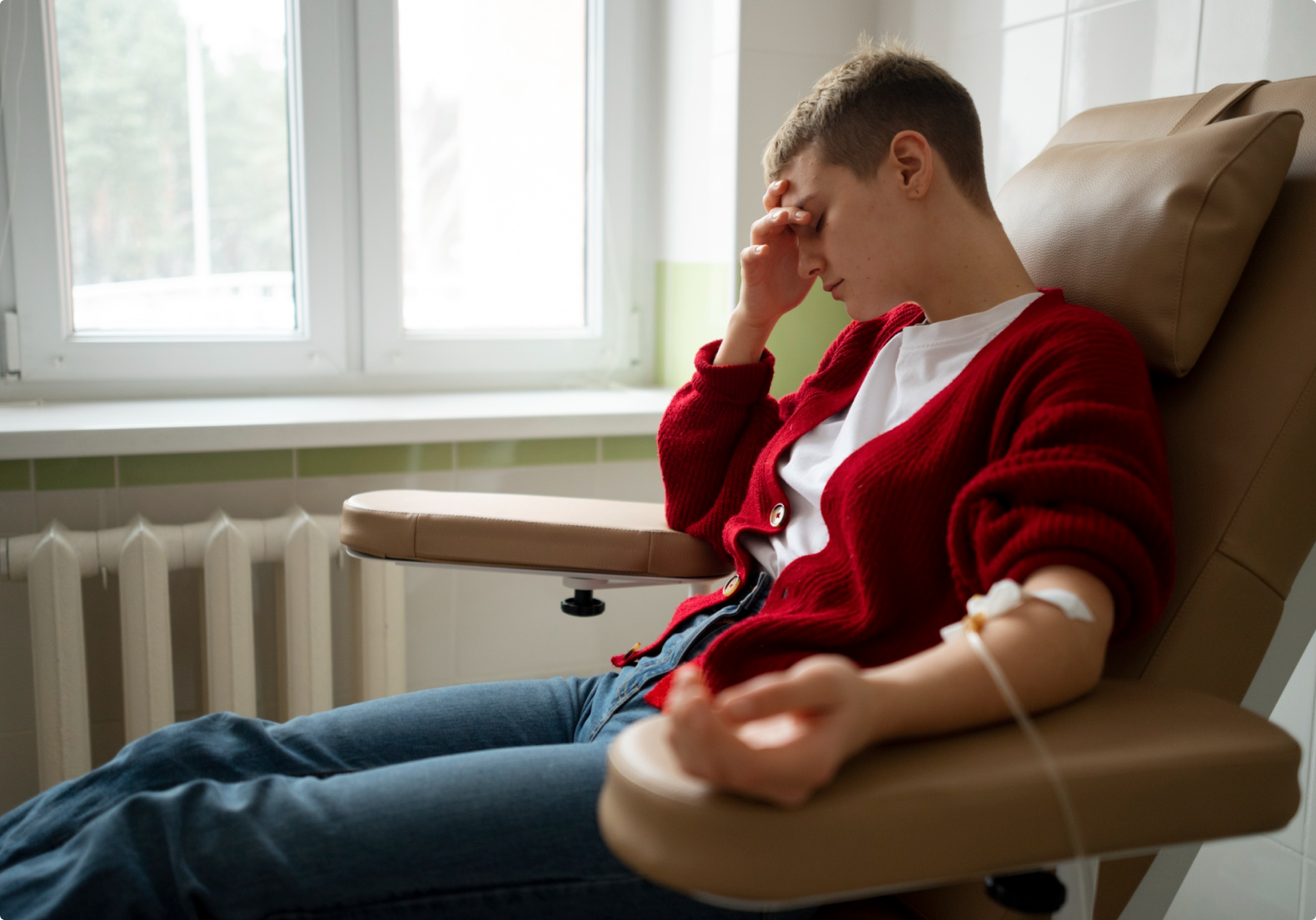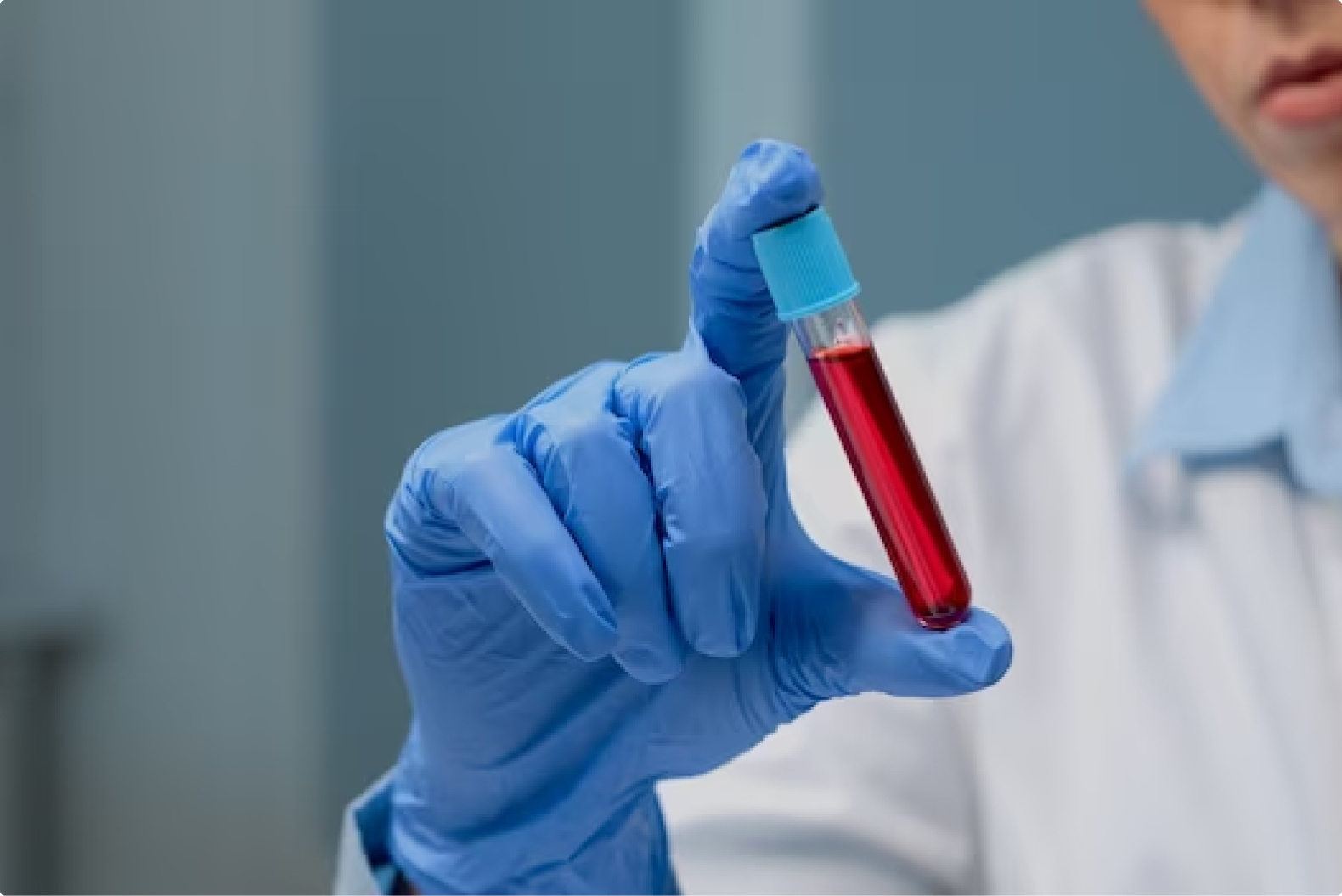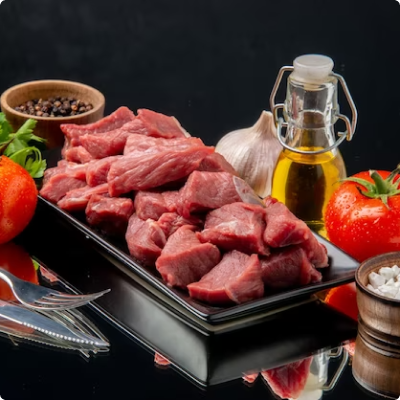Iron deficiency
Iron deficiency is a common cause of healthy red blood cells (anaemia) in our body. To regulate this mineral nutrient eating iron-rich foods is necessary, but when it drops down low enough you need iron replacement therapy and the need for a transfusion is rare.
Symptoms and causes
What are the symptoms of iron deficiency anaemia?
- Fatigue and weakness: Feeling tired and lacking energy.
- Pale skin: Having a washed-out or pale appearance.
- Shortness of breath: Difficulty breathing, especially during physical activity.
- Headaches and dizziness: Experiencing headaches and feeling dizzy.
- Cold hands and feet: Sensation of coldness in the hands and feet.
- Brittle nails and hair loss: Nails that break easily and hair loss or slow growth.
- Unusual cravings: Craving non-nutritive substances (pica).
- Restless legs syndrome: Feeling an uncontrollable urge to move the legs, often with uncomfortable sensations.
- Frequent infections: Weakened immune system leading to an increased susceptibility to infections.
- Rapid heartbeat: Experiencing a fast or irregular heartbeat (tachycardia) due to the body's attempt to compensate for the decreased oxygen-carrying capacity of the blood.
- Difficulty concentrating: Having trouble focusing, decreased cognitive function, and difficulty with memory.


What can cause low iron levels or anaemia?
- Inadequate iron intake: Not consuming enough iron-rich foods in the diet.
- Blood loss: Significant blood loss due to heavy menstrual periods, bleeding ulcers, gastrointestinal bleeding, or injury.
- Poor iron absorption: Conditions that affect the absorption of iron in the body, such as celiac disease, inflammatory bowel disease (IBD), or gastric bypass surgery.
- Pregnancy and breastfeeding: Increased iron requirements during pregnancy and breastfeeding can lead to depleted iron stores.
- Chronic diseases: Certain chronic conditions like chronic kidney disease, cancer, or rheumatoid arthritis can interfere with iron absorption or utilization.
- Medications: Some medications, such as proton pump inhibitors (PPIs) and antacids, can hinder iron absorption.
- Hereditary or genetic factors: Certain inherited conditions like thalassemia or hemochromatosis can affect iron levels.
- Vegetarian or vegan diet: Plant-based diets may not provide sufficient amounts of absorbable iron, increasing the risk of iron deficiency.

Iron and nutrition
It is necessary to eat iron-rich food to keep your iron levels regulated in the body. When the iron level is too low diet alone can’t help, but taking iron through regular diets keep your iron levels regulated.
There are two types of iron in the food.

'Heme Iron', which is found in meat

'Non-Heme Iron', which is found in plants
Eating dried fruits, legumes, dark leafy green vegetables, oats, beef and lamb are few of the food that provide high levels of iron to our body.
What’s the best way to eat iron rich foods?
You absorb up to 30% of the haem iron that you consume. You can regulate your iron absorption by having certain foods, drinks and medications.
- Include heme iron sources: Lean meats (beef, poultry, lamb), fish, and seafood.
- Combine iron sources with vitamin C: Pair iron-rich foods with vitamin C-rich foods like citrus fruits, berries, tomatoes, or bell peppers.
- Opt for fortified foods: Choose fortified cereals, bread, and grain products to increase iron intake.
- Include legumes and beans: Lentils, chickpeas, kidney beans, and other legumes are excellent plant-based sources of iron.
- Add dark leafy greens: Incorporate iron-rich greens like spinach, kale, and Swiss chard into salads, sautés, or smoothies.
- Choose iron-rich vegetables: Include iron-rich vegetables such as broccoli, Brussels sprouts, and asparagus in your meals.
- Snack on iron-rich foods: Nuts and seeds, such as pumpkin seeds, almonds, and cashews, are nutritious snacks that provide iron.
- Avoid excessive iron inhibitors: Minimize consumption of iron inhibitors like tea, coffee, and high-fiber foods during meals.

Ways to boost your iron absorption

Add more beef or green leafy vegetables to your table.

Avoid drinking tea or coffee with meals. Drink between meals instead.

Have a glass of orange juice or other Vitamin C rich fruit with your breakfast cereal.